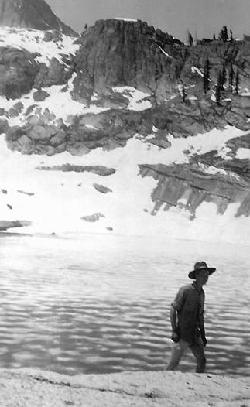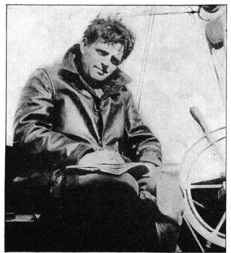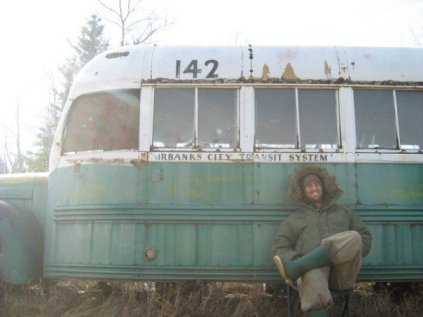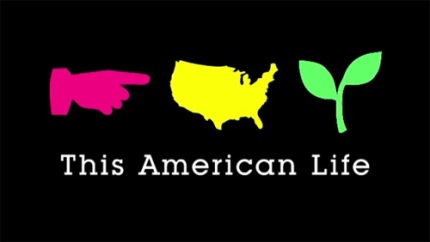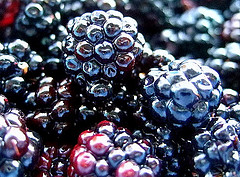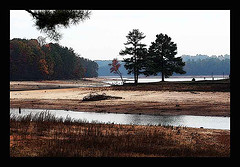In this book, we have encountered many different narrators who tell Christopher McCandless’ story. These narrators have included rubber tramps, family members, and employers—voices from society’s up-starts to its down ‘n outs have been our guide in piecing together what, in my ways, still remains a mystery. We’ve seen Chris’ story interpreted through the eyes of the author (who made no claims at being an objective narrator), just as we’ve seen the story from Chris’ own narrative (letters, underlining in books, postcards, and the final SOS note). And through these various voices, we have been asked, as readers, to construct an identity of our main character, including the reasons for why he chose to walk into the wild and never return.
While many of you have various opinions about Chris (and the author), perhaps a more important question to ask yourself at the end of this book is not WHY you have constructed an opinion about Chris’ identity but HOW. This will be one of your greatest tasks in 1102, and will further promote your skills as critical thinkers about both literary and cultural texts.
So the central question for today’s post: HOW does the multi-narrative style of this book contribute to the way you understand our main character and his story?
The following questions should help you formulate some of your opinions. You must address each question, and your post should be at least 350 words.
1. How does the multi-narrative affect how you read Chris’ story?
2. Are some narrators more reliable than others? If so, explain who and why. What does an unreliable or reliable narrative do to how you understand the story?
3. How do the authors of the epigraphs at the beginning of each chapter serve as narrators in this book? Which epigraph do you find most important in the way that you understand our main character?
4. The poet Philip Brady has argued that one of the main differences between poetry and prose is that in prose, the reader becomes part of the narrative where poetry often leaves you with a sense of silence at the end of the poem. If this is true, and if as readers we have become part of this story’s narrative, how have we also become narrators? Because this is a story told from many fragmented viewpoints, how have you become a narrator of Chris McCandless’ story? And are you a reliable narrator?

